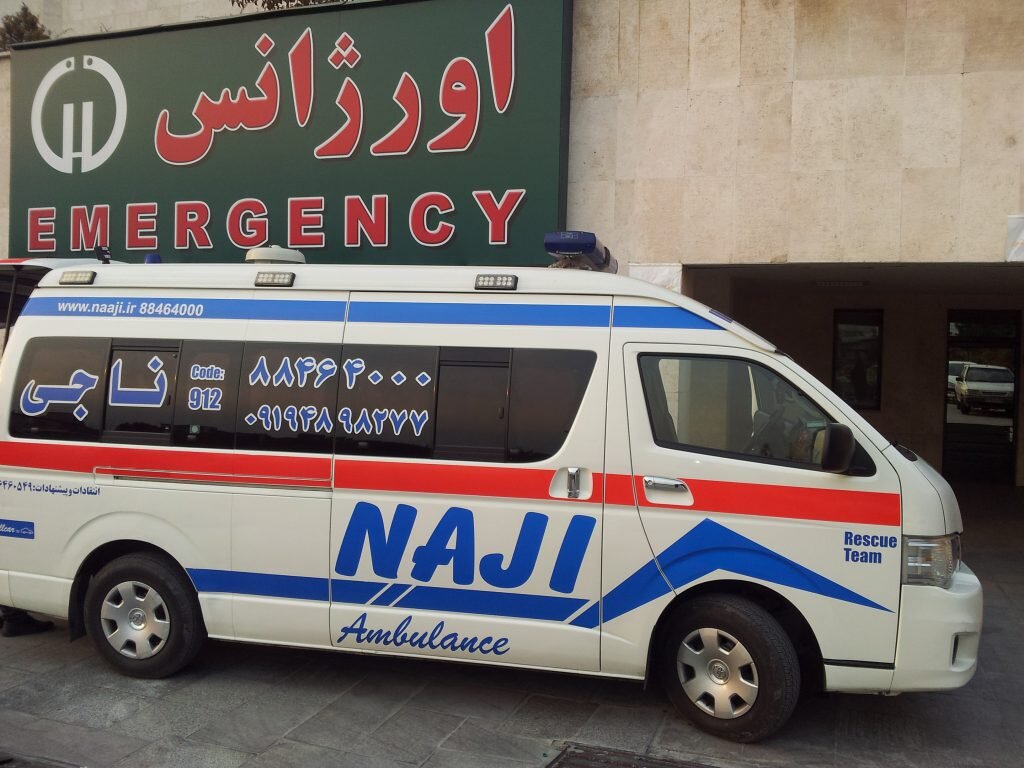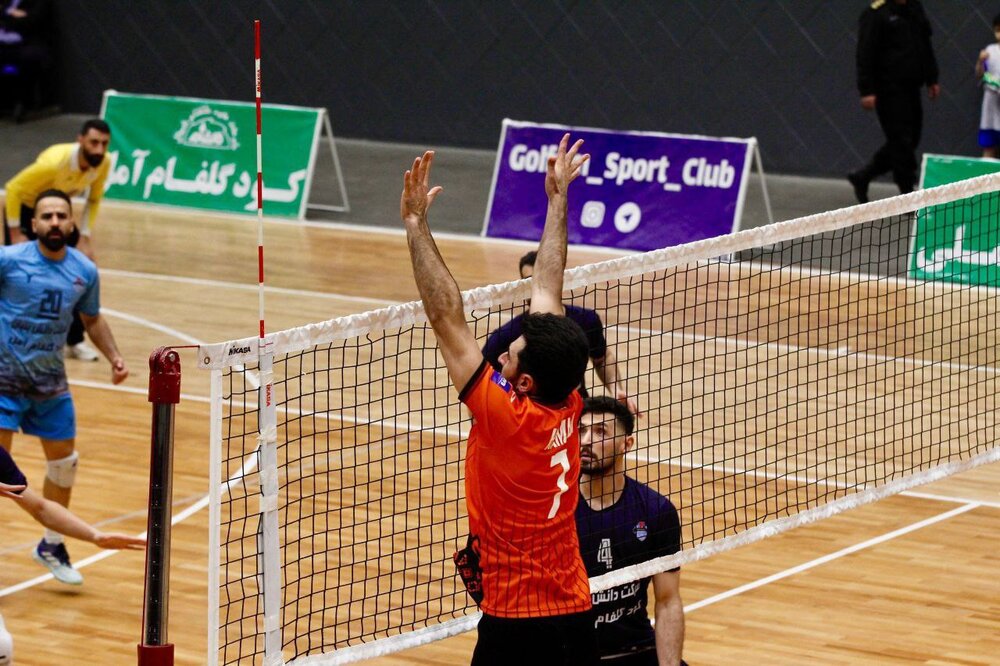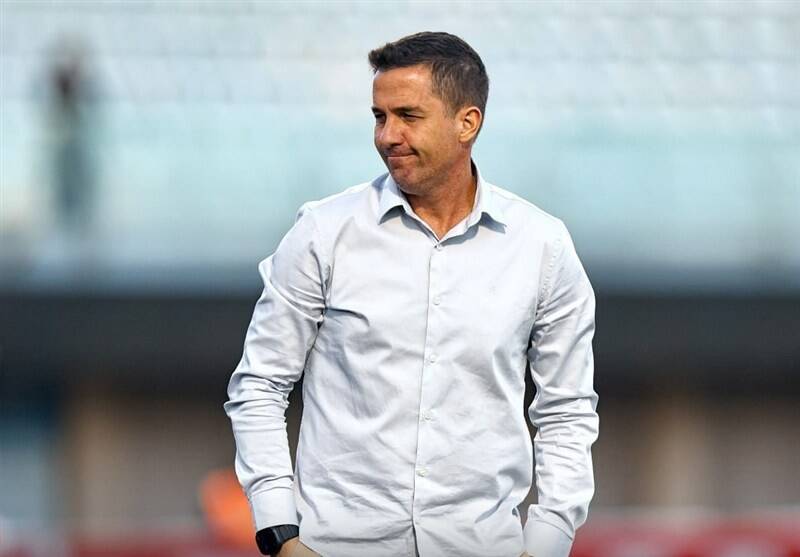A Grain of Sand: Elias Matar on the collective responsibility to mourn Gaza’s martyred children
A Grain of Sand: Elias Matar on the collective responsibility to mourn Gaza’s martyred children

For more than 700 days, Gaza has endured relentless bombardment. Nearly 19,000 Palestinian children have been murdered in Israel’s ongoing genocide.
Their voices rarely pierce the global din of competing and biased media where each child’s life is reduced to a statistic, a single grain of sand subsumed in the tide of competing narratives.
For Palestinians, in the absence of honest archives and reliable media coverage, art has assumed an urgent role in resisting erasure.
Theatre, literature and poetry have become means of amplifying voices that power and politics would rather leave unheard.
Yet, Palestinian art today operates in a state of rupture: forced to grapple not only with grief and loss, but also with the surreal dissonance of witnessing genocide unfold in real time - filtered through contradictory media accounts and fragmented social media feeds.
It was this tension - between art and reality, silence and testimony - that shaped the decision by Khaled Ziada, the founder and director of the London Palestine Film Festival, to open the 2024 programme with a play.
He commissioned A Grain of Sand, written and directed by Elias Matar, and built from children’s testimonies emerging from Gaza.
The production was most recently staged by Good Chance, a UK-based theatre company known for its politically resonant work that explores the experiences of displaced and marginalised communities.
Their ethos, that theatre can change minds, prompt action, and amplify voices otherwise silenced, aligned with Matar’s project.
Choosing a voice
For Matar, who is originally from the Galilee, the challenge of representing a genocide and conveying these voices on stage was immediate.
“There are just so many voices,” he said. “The task is almost an impossible one: how to choose which voices to project.”
In May 2024, writers Leila Boukarim and Asaf Luzon published A Million Kites, a booklet that gathers children’s testimonies from Gaza recorded between October 2023 and March 2024.
The collection, stark in its simplicity, offered an unmediated glimpse into how children’s lives were being shaped and shattered by the war.
When Matar came across the booklet in a pop-up book stall in London, his response was visceral. He cried.
“I knew these testimonies were going to be the guiding lights of the play. I went home and started writing,” he told Middle East Eye.
In the weeks that followed, Matar’s life became intertwined with the voices and silences captured on its pages.
“I started talking to the book,” he said. “I carried it with me at all times. I found myself replying to these testimonies, to these children.
"I began to see them, to look for them in the photographs of children I’d come across in the news, on social media.”
'I want audiences to leave feeling that they should do more'
- Elias Matar, director
One child in particular came to inhabit his social media feeds as much as his thoughts: 11-year-old Renad Atallah, known online as @renadfromgaza.
Bright and unflinchingly energetic, Renad began posting videos on Instagram at the start of the war, documenting her family’s efforts to cook Palestinian culinary staples with what few ingredients they could access.
Her videos - often ending with her unwavering light and smile - quickly went viral, and she amassed more than 1.5 million followers.
“She was in my mind all the time,” Matar recalled.
Tapestry of testimonies
This real-life Renad became the inspiration for the play’s protagonist: an 11-year-old girl, also named Renad, affirming the interdependence between the play and lived reality on the ground, between dystopia and the reality mainstream media outlets are so prepared to dilute or deny.
Matar chose Palestinian actress, activist and founder of The Arab Film Club, Sarah Agha, as the play’s sole performer.
“I wanted one performer to act as Renad and embody all these children, to tell their testimonies and draw attention to the sheer volume of voices lost,” he explained.
The work unfolds as a tapestry of testimonies and memories, yet it is channelled through a single body, a single voice.
“If there is just one voice speaking, it recalls the others more poignantly. There’s a powerful presence in absence,” Matar said.
A Grain of Sand developed gradually and collaboratively. “I listened to Sarah. We listened to Gazan playwrights and artists on the ground. We spoke, we cried, and we kept asking ourselves: how do you represent a genocide? How do you represent our tragedy? How do you mourn the lives of murdered children?”
At its centre is a familiar contradiction: the sense of futility, of being small and powerless, set against the resilience and hope found in collectivity.
Sand became Matar’s metaphor for this tension. A single grain is almost invisible, yet together they form land, beaches and deserts.
The motif runs through the play. It gives the piece its title and shapes one of its few stage elements: a pit of sand carpeting the performance space. Renad engages with it throughout - kicking it, lying in it, burying her feet in it.
By the end, the sand is scattered, stripped of coherence. “I wanted the sand to invoke Gaza too - the once beautiful beaches, the land,” Matar said.
The play breathes Palestine into the room. Fragments of Gaza’s Palestinian Arabic punctuate the English dialogue.
Renad explains how sumaq is made, retells the stories her sitti (grandmother) once shared and sings lullabies. Patterns of Gaza's tatreez are projected as a backdrop behind her.
“Palestine is in all our senses. I wanted to convey this. I wanted to show that Palestine is not just horrors, terror, war, loss. It is our homeland, with a rich, vibrant culture that has developed in tandem with our tragedy,” Matar said.
The Anqa
Oral storytelling, he explained, is central to Palestinian culture. Each region has its own set of folkloric tales, passed from one generation to the next. These stories act as a counter-archive, preserving history and asserting presence in defiance of erasure.
On stage, Renad - and the other children embodied by Agha - tell such stories to comfort themselves.
At the heart of the play is the tale of the Anqa, a distinctly Palestinian myth of a phoenix rising from ashes to deliver salvation. Renad returns to the Anqa throughout the performance, invoking it as a symbol of hope and survival amid the devastation of bombardment.
'Palestine is in all our senses. I wanted to convey this. I wanted to show that Palestine is not just horrors, terror, war, loss'
- Elias Matar, director
We are at a moment when the erasure of Gaza is no longer a dystopian projection but a declared, US-backed project unfolding in real time.
In this climate, the voices of Gaza’s children are at continued risk of being silenced. Hope - once sustained through stories, folklore and shared culture - is withering under the weight of relentless violence.
The mythical Anqa, once a symbol of rebirth, feels ever more distant.
On 27 August, Renad Atallah - the real-life Renad behind Matar’s play- posted a cryptic black square on Instagram bearing the word “Goodbye”.
Days later, she revealed that she had sought asylum in the Netherlands, accompanying her sister, one of five students awarded a scholarship to study at Maastricht University. She shared a photo of herself in a keffiyeh with the caption: “A Genocide Survivor.”
On 1 September, she posted another image, this time in front of a graffiti reading “Free Gaza”, explaining her situation and concluding: “But still… I don’t feel like I survived. There’s no such thing as surviving alone. It’s either all of us, or none.”
While her voice continues to stand as a symbol of hope - an Anqa for those in Gaza - her escape also draws attention to the thousands who remain, their lives reduced to collateral damage in narratives that frame Israel’s assault as a global security imperative.
By the play’s end, the Renad performed by Sarah Agha loses faith in the Anqa. The story no longer offers comfort. Its magic fades as despair takes hold.
“I want audiences to leave feeling that they should do more,” Matar said. “I want to reinforce that we all have a responsibility to listen to these voices, to delve beyond media headlines.”
After each performance, the team has hosted a Q&A session, creating a space for the audience to speak about Palestine.
Good Chance are now hoping to secure a London run and a UK tour, to bring these testimonies to wider audiences.
“I want people to feel held, to witness and learn about something different. I want people to look inward and outward, to question how we can save Gaza. How can we stop this from happening again to any other child?”
As governments in the UK and beyond tighten restrictions on expressions of Palestinian solidarity, creative expression remains one of the few spaces left for learning, remembering and resisting.
Theatre, Matar suggests, can become its own Anqa-sustaining education, sumud (perseverance) and resistance.
The play’s central thread - the voices of children killed in Gaza - asks us to confront the desperation of the present while holding on to the possibility of renewal.
As the Anqa seems to recede further from Gaza’s grasp, our responsibility only grows. To mourn, to bear witness and to act so that Gaza may one day rise from the ashes.











